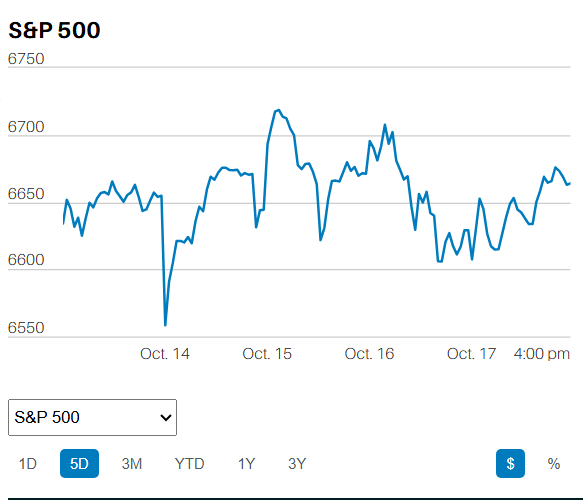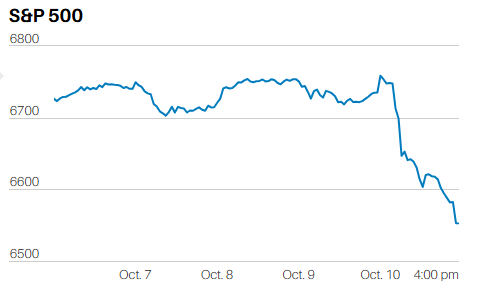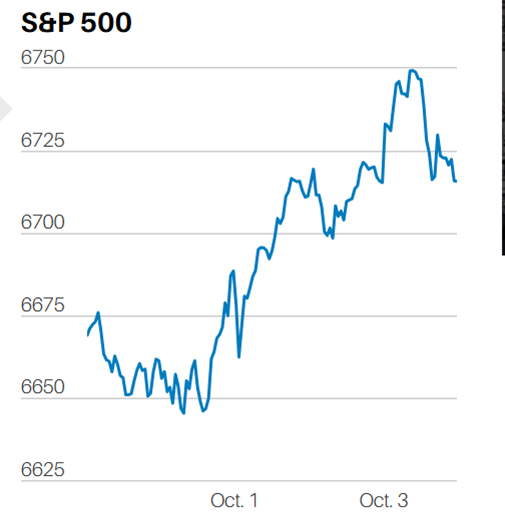ABOUT NORWOOD ECONOMICS
The Norwood Economics difference
Norwood Economics is a low-cost, fee-only wealth management firm. We provide our clients with concierge level service at an affordable price - no hidden fees, no commissions, and no conflicts of interest. We believe in low-cost investing and favor using low-cost index funds, ETFs, and individual stocks to build diversified portfolios. We are value investors who buy good companies when they go on sale. We invest in companies with strong balance sheets that typically pay a dividend. Norwood Economics partners with the world's top custodians to hold and protect our clients' money.
Our firm has a culture based on openness and transparency, with a strong system of checks and balances. On a regular basis, our leaders examine both their own behavior and the behavior of their employees. This begins with the hiring process. We look for employees with a strategic mix of hard and soft skills who will support the firm’s core values of community, client service, teamwork, and innovation.
Our Wealth management Investment Philosophy
We begin by building low-cost, diversified portfolios. We focus first on strategic allocation. Putting a client into the right mix of assets is critical to helping them achieve their spending goals. Tactical allocation is used to overweight cheap assets and underweight expensive assets, which can add value. We use low-cost index ETFs as well as individual stocks. We are value investors who buy good companies when they go on sale. We look for companies with strong balance sheets that typically pay a dividend.
Our 401(k) Investment Philosophy
We recommend a core fund lineup built using low-cost, index funds. Norwood Economics creates properly diversified, pre-built portfolios. These are low-cost, and consist primarily of index funds and ETFs. Our portfolios range from conservative to aggressive. We do adjust the pre-built portfolios from time to time, overweighting cheap assets and underweighting expensive assets; tactical allocation can add value.
Norwood Economics also recommends using target-date retirement funds in the investment fund lineup. A target-date fund is a diversified portfolio with an age appropriate asset mix. Fund managers reduce equity exposure as the target retirement date approaches. More conservative portfolios are appropriate as you near retirement. Lower portfolio volatility makes it more likely that you will achieve your spending goals in retirement.
Meet The Team
recent blog posts











